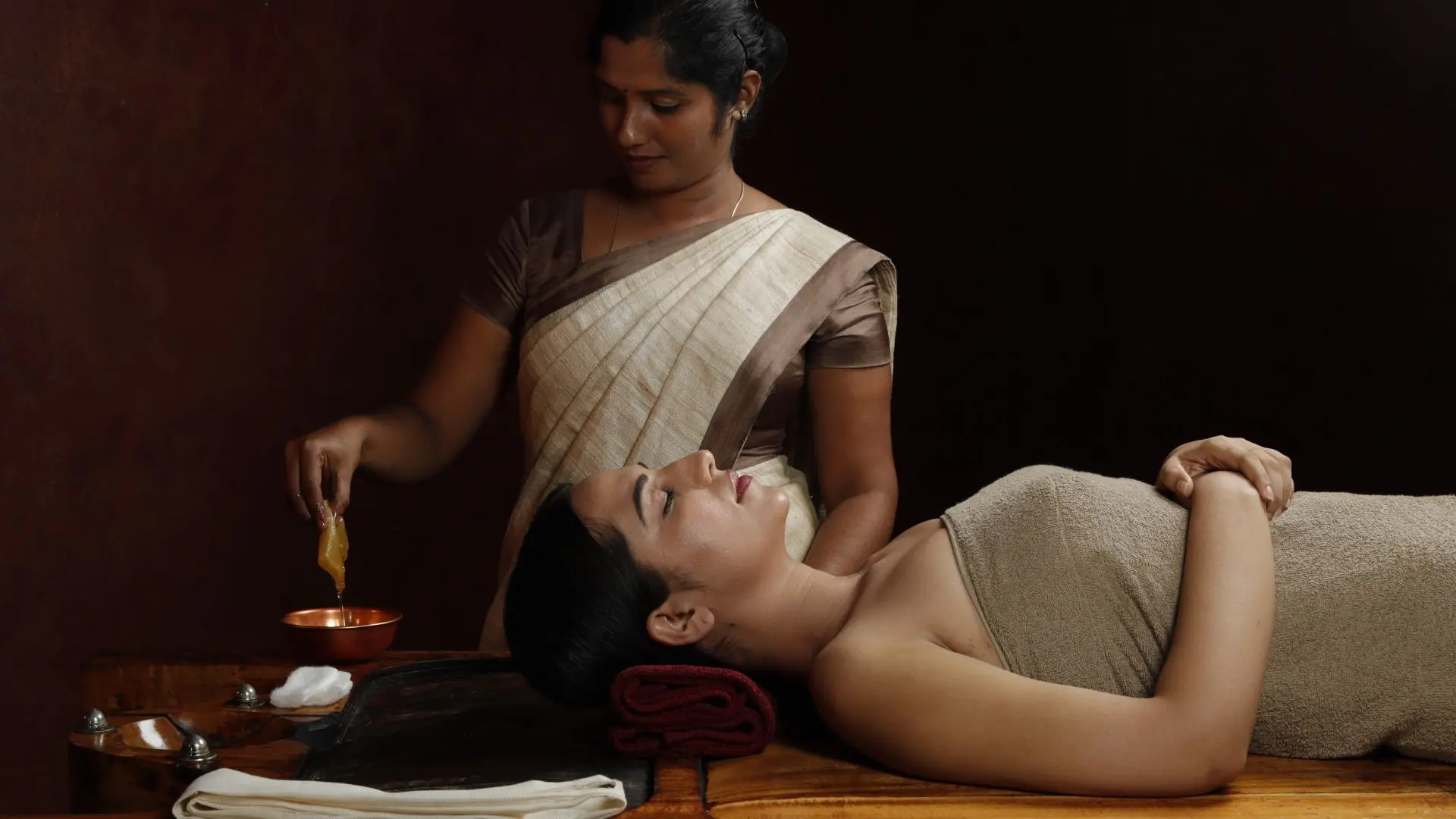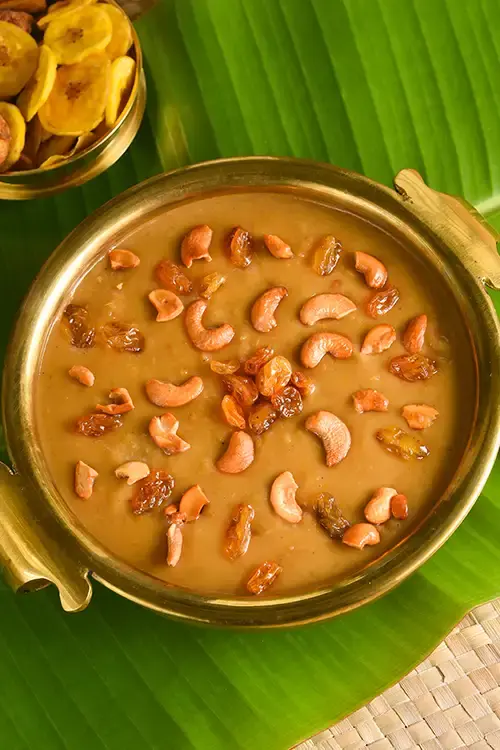Enchanting Kerala
Uru
Published in Newsletter Issue No. 205 - September 2010
The name uru is associated with the traditional ship building culture of Kerala. And the art and science of making these ships came from the Arab world, some several centuries ago. The Arabs called them dhows and they eventually became the traditional Arabian trading vessels. Centuries ago, Arab traders traced their way to the spice-scented shores of Kerala. And after coming to know about the availability of good timber in the forests of Kerala and also the presence of skilled craftsmen in ship building, the Arab merchants began to place orders for constructing dhows to the craftsmen of Malabar in north Kerala. And the rest of it is history... but the tradition still continues; perhaps not in its original glory, but on a minimal scale.
Beypore in Kozhikode district of Kerala is the major centre for making urus in Kerala. It is also an important harbour in the Malabar region. Located about 10 km south of Kozhikode town at the mouth of the Chaliyar River, historically, Beypore several centuries ago was itself a prominent port. At one stage in history, Beypore was also an important centre for trade via sea, attracting Arab and Chinese travelers and later the Europeans. Beypore has a tradition of shipbuilding that is about 1500 years old. It once experienced great demand from Western Asia for ships, because of its fame as the home to excellent craftsmen. This ship-building industry at Beypore once had a healthy phase of growth until the invasion of iron and steel, posing a serious threat to its existence.
A typical uru in appearance is a large vessel. It demands hard labour and the dexterous hands of craftsmen to build one. This seagoing vessel is completely made of wood and is built by joining planks of good quality timber. Usually an uru is built by a team of fifty men over a period of at least four years. No blueprints are made and the entire aspect of ship building is embedded in the minds of the highly skilled shipwrights. It is a team work undertaken with minimum of sophistication, following strict and orderly work ethics and also discipline. Visitors to the shipbuilding yard at Beypore would simply be fascinated by the manner in which the various stages are executed.
Of late, Beypore may not have the same charm as it used to have in its halcyon days. Not many urus hit the water these days from Beypore. The changed scenario in the ship building industry at Beypore has in turn made the local craftsmen to switch to crafting little wooden models of their gigantic masterpieces. The miniature of urus made out of teak wood also come enclosed in bottles. Nowadays, there are many centres in Kozhikode, where one can buy the models of urus and also get them made-to-order at centres like Kairali and Surabhi in Kozhikode.
To watch Uru video click here






